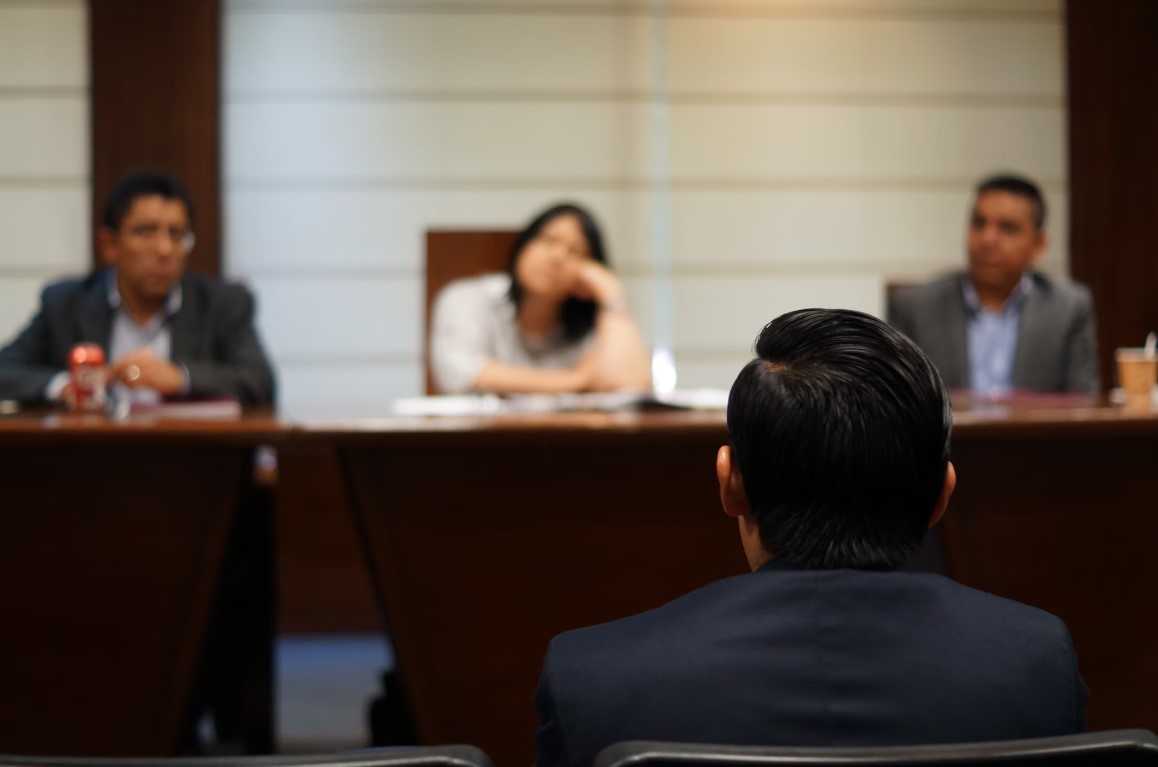
Defending Litigation Proceedings

Civil litigation proceedings is the process of two or more parties taking legal action against each other in a civil Court of law. This can be a very stressful and important time for you or your business.
Whilst it is possible to enter litigation proceedings as a self represented person, we recommend obtaining legal advice when entering litigation. This page covers the essentials when it comes to litigation proceedings.
Need help resolving a dispute?
Contact Progressive Legal below and get in touch with our team today for expert dispute resolution advice.
REQUEST OUR ADVICEHow will my litigation lawyer assist me in litigation proceedings?
In a commercial or civil case, a litigation lawyer will present your side of the dispute to give you the best possible chance of success.
This may relate to a matter that you have decided to bring before the court, or defending a claim that has been brought against you. A litigation will not only help you in a court, but may also assist you in other dispute resolution mechanisms including a negotiation or mediation.
How do litigation proceedings come about?
Civil litigation will stem from a dispute between two or more parties, including people or companies. There are generally particular issues involved. For example, one party demanding payment of money, or demanding that the other fulfil a promise or resolve a prior agreement. If this demand is not met and the parties can not reach a resolution, one party may then decide to proceed to litigation with one of the following:
An application
If there is only one area of law that needs to be decided, the party may choose to file an application.
A claim
If the facts and details of a certain case must be established before the question of law is discussed, then the party would generally file a claim.
If you receive a notice of court proceedings, we recommend obtaining legal advice and contemplating whether or not your matter may be suited to an alternatives to court, before proceeding with the litgation.
What is the overriding purpose?
Civil Litigation contains an overriding purpose, that is to facilitate the ‘just, quick and cheap’ resolution of the matter through the proceedings. In this regard, a positive duty is placed on all parties that they will help to support this overriding purpose of the court, including that they will comply with all directions and orders given by the court.
Similarly, lawyers and barristers engage in conduct that assists this overriding purpose during the litigation. Any failure to comply with overriding purpose during litigation will be considered by the court when deciding upon costs.
Which court for litigation proceedings in NSW?
1. Local Court NSW
The NSW Local Court is governed by the Local Court Act 2007 (NSW) and the Local Court Rules 2009 (NSW). The Local Court deals with civil disputes for claims up to $100,000.
The Local Court has two divisions:
Small Claims Division: Hears claims of up to $20,000
General Division: Hears claims over $20,000 and up to $100,000.
2. District Court
The District Court is governed by the District Court Act 1973 (NSW) and the District Court Rules 1973 (NSW).
The District Court deals with matters in 2 main categories:
Motor accident cases – unlimited jurisdiction.
Other claims to a maximum amount of $750,000 (unless by consent by the parties) – amounts higher than this are in the Supreme Court jurisdiction.
3. Supreme Court
The Supreme Court of New South Wales is the highest Court in New South Wales. It is governed by the Supreme Court Act 1970 (NSW) and the Supreme Court Rules 1970 (NSW).
The Supreme Court has unlimited jurisdiction for the administration of justice in NSW as necessary and hears the most serious civil litigation cases.
Key takeaways
Litigation proceedings are a complex aspect of the legal system, requiring careful navigation and professional guidance. By understanding the process and engaging a competent litigation lawyer, individuals and businesses can approach litigation with a strategic mindset, aiming for a resolution that aligns with their interests and legal obligations.
Need litigation advice?
Contact us by giving us a call on 1800 820 083 or request our advice below and we’ll be in touch with you today.
REQUEST OUR ADVICENeed Litigation Advice?
Please get in touch with us today via phone or the contact form on this page.



